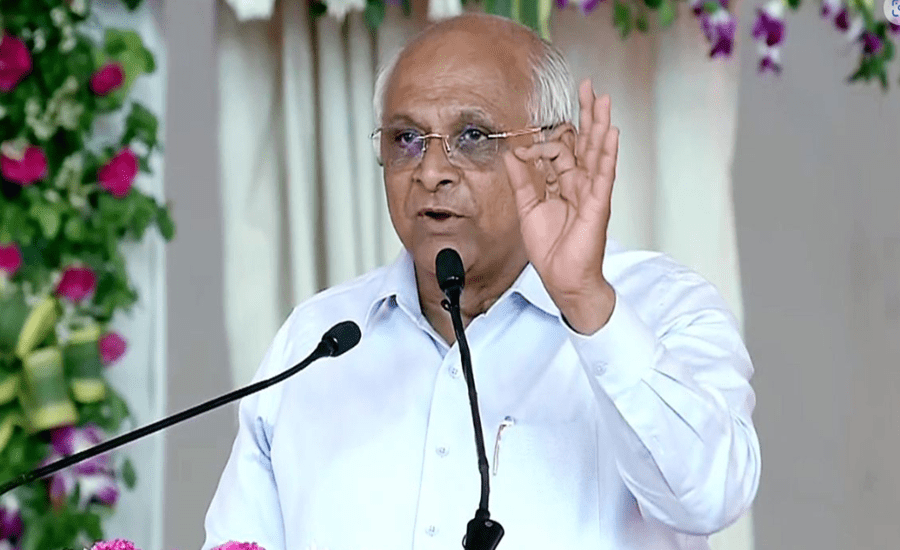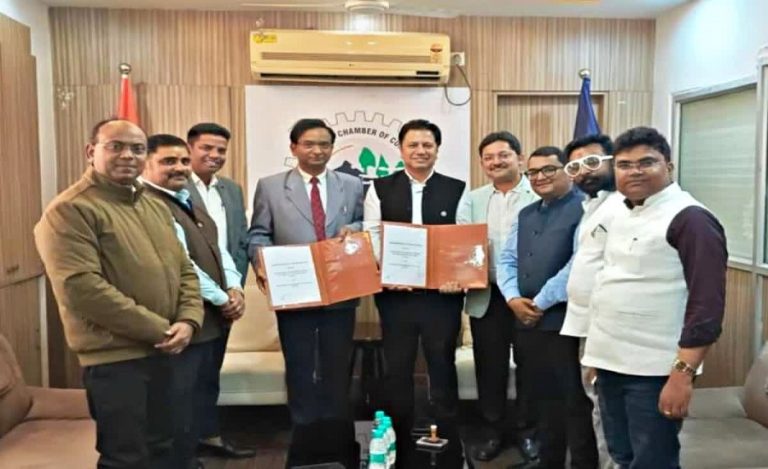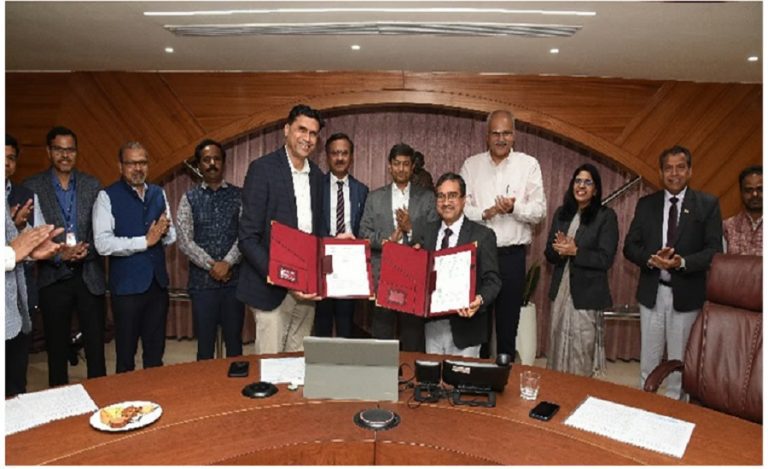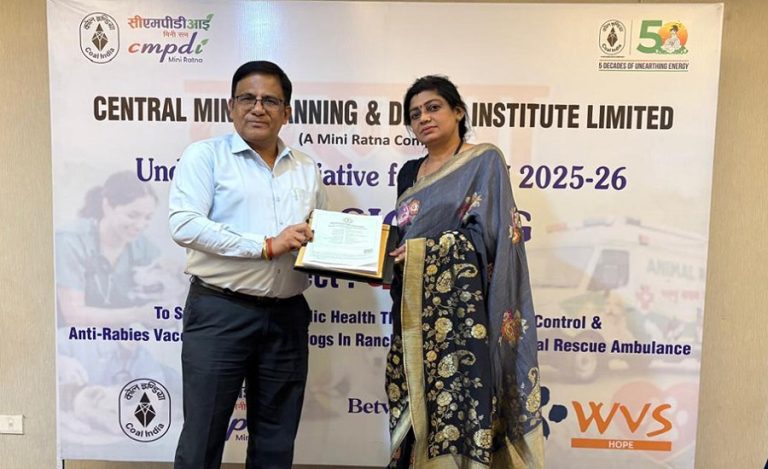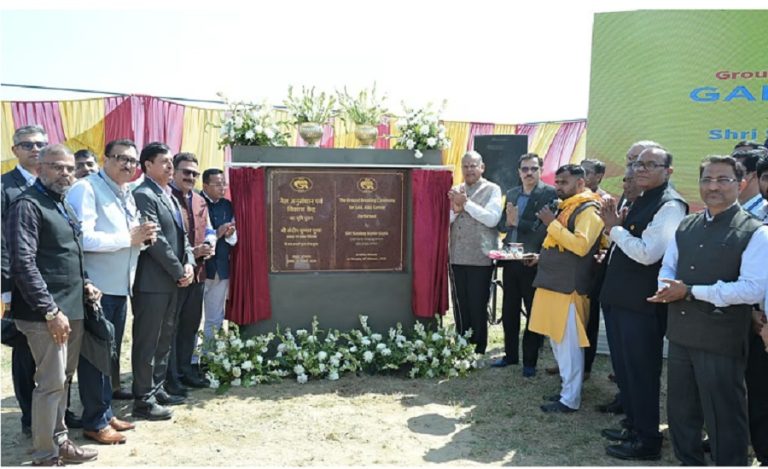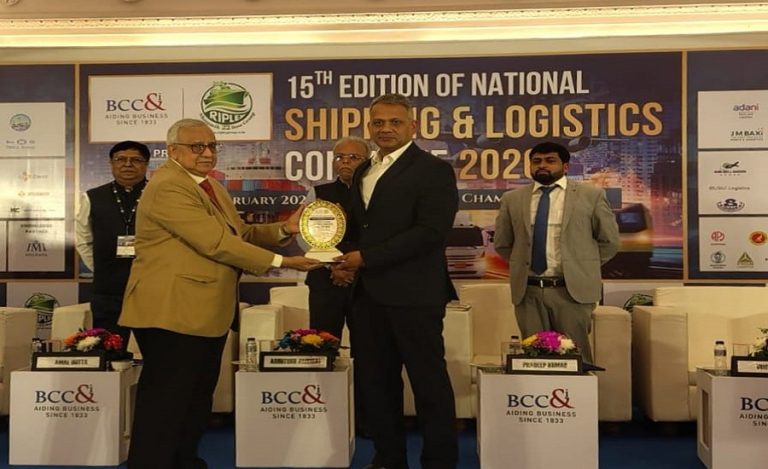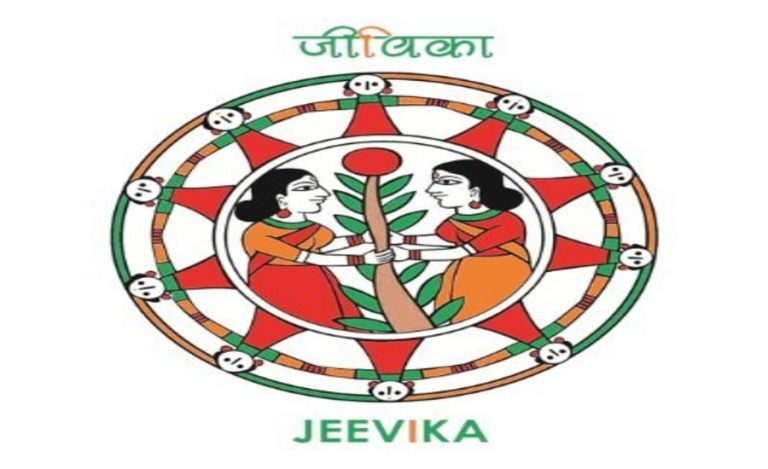Gandhinagar: In a major relief for economically weaker rural families, Gujarat Chief Minister Bhupendra Patel has announced a welfare-oriented decision that introduces a uniform house tax rate of ₹200 per year for homes constructed with government assistance under various housing schemes in the state’s Gram Panchayat areas.
Standardized Tax for Government-Built Rural Houses
In a move aimed at easing the financial burden on beneficiaries of rural housing schemes, the state government has decided to levy a uniform house tax of ₹200 annually on government-assisted houses. This new rate will apply uniformly across all Gram Panchayat jurisdictions in Gujarat, ensuring no variation or excess charge by local bodies.
This decision covers homes built under multiple housing initiatives, including the Pradhan Mantri Awas Yojana (Rural) and other state and central government-supported schemes.
Policy in Effect for Four Years
The uniform house tax rate will be applicable for a period of four years, starting from the current assessment cycle. The state government has clarified that no Gram Panchayat will be permitted to levy a tax higher than ₹200 per annum during this period.
At the end of the four-year term, the government will review and assess the impact of the policy to determine the future course of action.
Relief for Economically Vulnerable Families
The initiative recognizes the challenging economic conditions of rural housing beneficiaries, many of whom belong to economically weaker sections of society. These individuals typically rely on government subsidies and assistance to construct their homes, often with great personal effort.
By capping the annual house tax at ₹200, the government aims to reduce the financial stress on such families and ensure that housing remains affordable and sustainable.
Departmental Resolution Issued
Following the Chief Minister’s announcement, the Panchayat, Rural Housing, and Rural Development Department has officially issued a resolution to implement the new tax structure. This step marks a formal execution of the welfare decision and sets a precedent for uniformity in rural tax governance.
CM Patel’s Welfare-Focused Governance
Chief Minister Bhupendra Patel has been known for his people-centric governance style, especially focusing on rural development and welfare schemes. This decision reflects his government’s commitment to improving the quality of life for the rural poor, aligning with the broader vision of housing for all.

